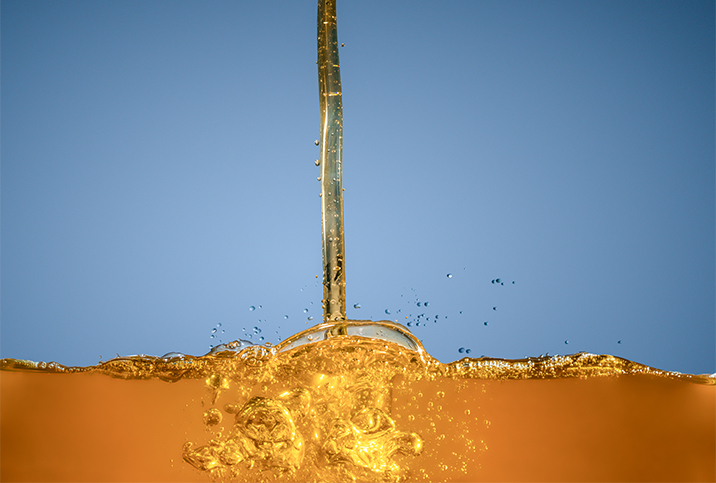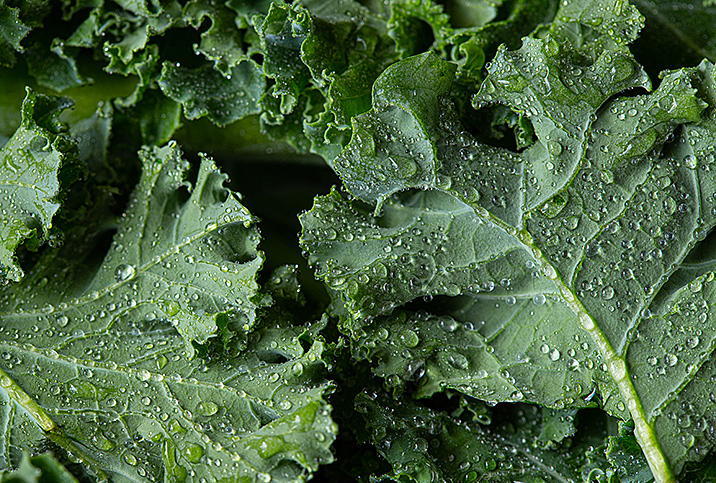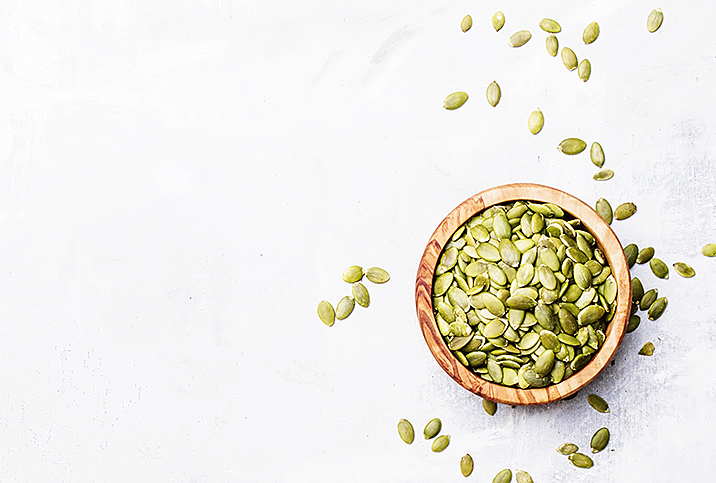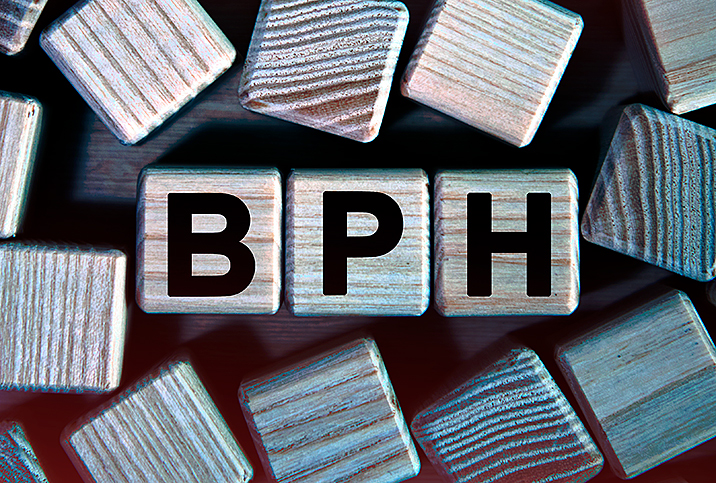Yes, the Prostate Affects Your Urine Stream. Here's Why it Matters.

The prostate, a walnut-size gland located below the bladder and in front of the rectum, is responsible for producing the seminal fluid that nourishes and transports sperm. It is not uncommon to experience changes to your urine flow as the prostate naturally enlarges with age—a condition known as benign prostatic hyperplasia, or BPH—or becomes swollen due to inflammation, which is known as prostatitis.
While these two conditions are common and highly treatable, any problem with urination can make life uncomfortable at times, so you should know how to manage the symptoms.
The prostate's role in urination
Many men experience changes to their urine streams as they age, though any of these changes that happen as a result of an inflamed or enlarged prostate can happen to younger men as well. Prostatitis is the most common urinary tract problem for men younger than age 50 and the third most common urinary tract problem for men older than 50, according to the National Institute of Diabetes and Digestive and Kidney Diseases.
Men with prostatitis often feel a persistent and intense need to urinate frequently and may experience weak urine flow as a result of the condition, which can be caused by an acute bacterial infection, trauma to the groin or other factors.
BPH occurs when the prostate gland naturally enlarges as men age. The prostate experiences two major growth spurts: during puberty and when a man is in his 30s. This growth continues gradually throughout a man's life.
BPH can make it difficult to urinate at all. When the prostate enlarges to a certain degree, it can block the flow of urine from the bladder and out the urethra, because the tube that urine passes through is located in the center of the prostate, which is beneath the bladder. When the prostate obstructs urine flow, it's difficult to fully empty the bladder.
Fortunately, urinary symptoms caused by an enlarged prostate are often mild and manageable. But if your symptoms become bothersome, be sure to reach out to your doctor for help, because effective treatments are available.
It's important to note that prostatitis and BPH do not always cause urinary symptoms, and urinary symptoms are not always the result of prostate issues. Ask your doctor to check for any potential underlying conditions, especially if you have trouble urinating, painful or bloody urination, or unusual discharge from the penis.
How to prevent prostate enlargement
While you can't stop your prostate from naturally growing as you age, there are strategies you can use to keep it healthy and lower your risk of both BPH and prostatitis.
Some experts believe that limiting alcohol, caffeine and overly acidic or spicy foods can help promote a healthy prostate and bladder. Incorporating foods rich with nutrients, such as zinc, omega-3 fatty acids, vitamin C, lycopene, soybean isoflavones and antioxidants may help prevent or slow the progression of BPH as well. This includes avocados, tomatoes, pumpkin seeds, leafy greens, bell peppers, salmon and more.
Being overweight puts you at greater risk of developing BPH, so maintaining a balanced diet and exercising regularly can also help keep your prostate healthy. While there's no surefire way to prevent prostate-induced urinary symptoms, working to improve your overall health is likely to help.


















